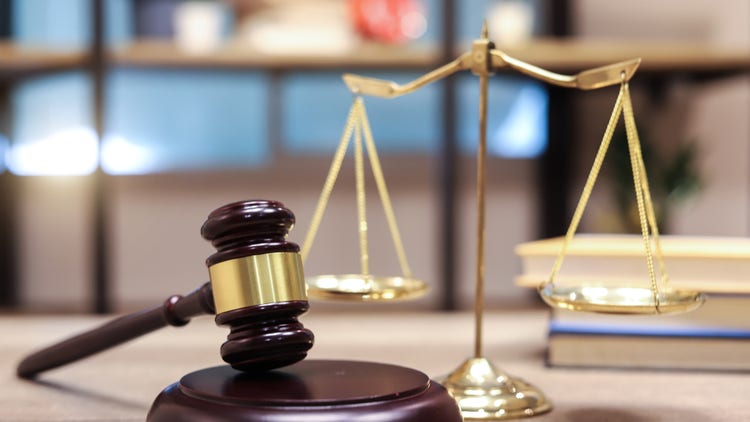
Two Black men are still trying to prove their innocence two years after they were exonerated for a murder that led to them spending more than 25 years behind bars.
Brothers Sean Tyler and Reginald Henderson were arrested as teenagers in 1994. They claimed they were then tortured into falsely admitting to the murder of Rodney Collins in Chicago. At the time of their arrest, disgraced Commander Jon Burge oversaw the police department. In 2010, the corrupt leader was convicted of multiple charges, including obstruction of justice for lying about torturing suspects. He was sentenced to four-and-a-half years in prison. He passed away as a free man in 2018.
After decades in prison, both men were paroled in 2021. That same year, their convictions were vacated. While there is no way to reclaim the years they lost, Tyler and Henderson hoped that being exonerated meant they could live fully as free men, but a record as felons still haunts them. “So just imagine physically being beaten and now having to go through the mental part of it, continuously walking up the same steps that we’ve had to walk through to prove ourselves,” Henderson told WTTW on Saturday (March 25).
Their first attempt at obtaining certificates of innocence from Cook County’s Leighton Criminal Court was denied on Thursday (March 23). “I left at 17 and came back at 42. I’m 46 now,” Tyler said. “So we’ve been having an ongoing fight since 1994, this is almost 30 years later. So to receive it and anything that comes behind, it can do nothing but help. That’s all they can do. It won’t fix nothing, just make things just a little easier moving forward… To be exonerated, you’re believing that you’re free only to go somewhere, and they tell you have to be free two times in order to get upstairs… I want to be fully free. I just want to know that I’m free.”
In addition to having their records cleared, the certificates will make the men eligible to receive upwards of $200,000 from the Higher Education Student Assistance Act. A state fund that was established in 2015 to help those who have been wrongfully convicted and, as a result, pardoned or exonerated, obtain a college education, as well as assistance with provisions such as housing, food, and counseling. Their next court appearance is set for April 20, followed by a witness hearing that begins on May 4.
Hear the full story below.